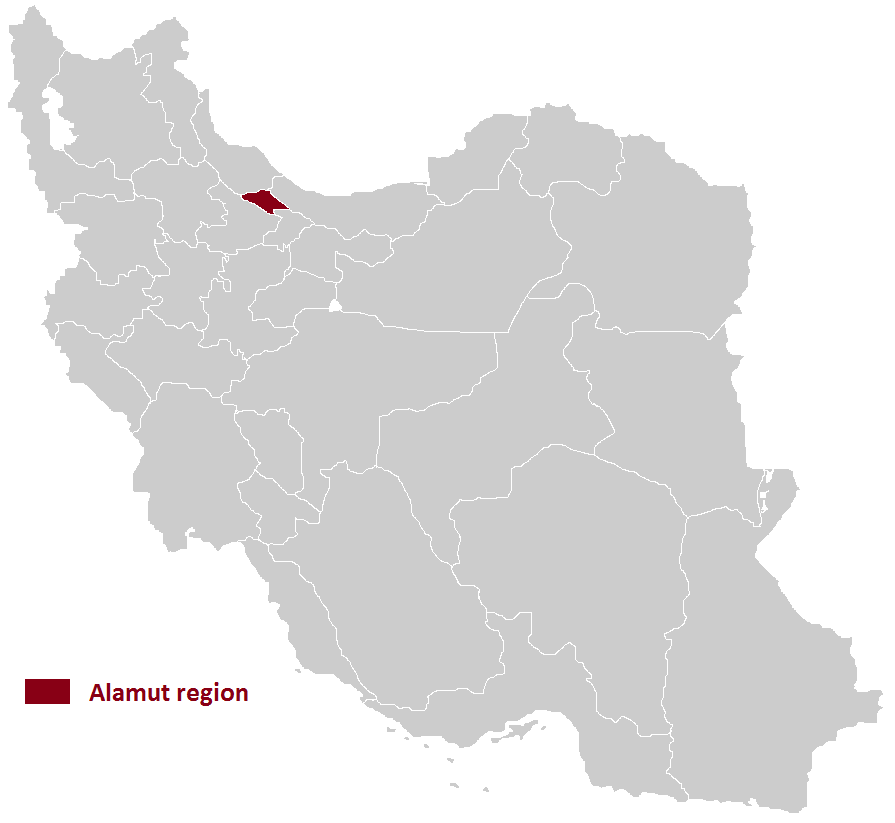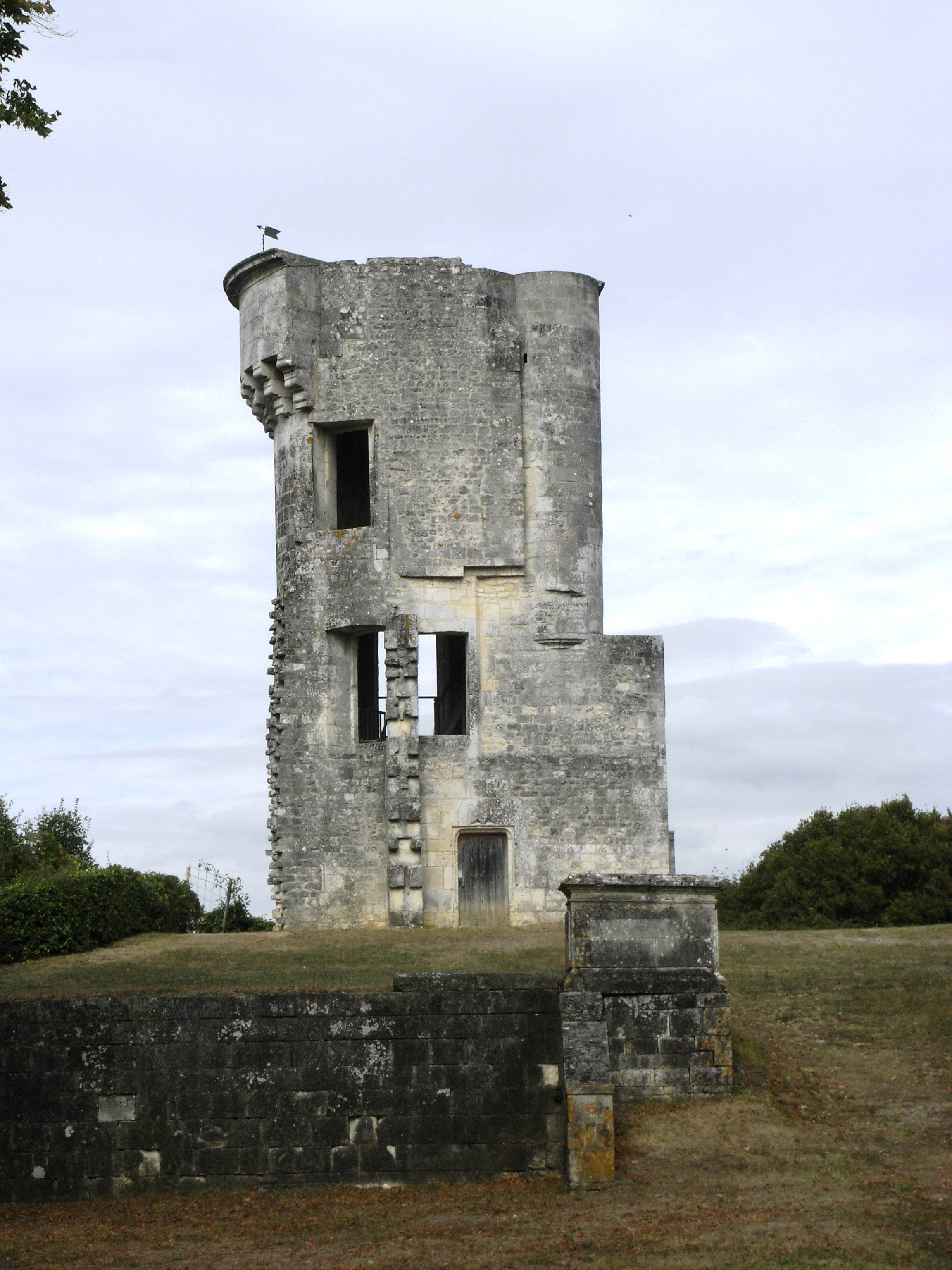|
Judith Tarr
Judith Tarr (born January 30, 1955) is an American fantasy and science fiction author. Life Tarr was born in Augusta, Maine on January 30, 1955. She is the daughter of Earle A. Tarr, Jr. (a waterworks manager and salesman of real estate), and Regina (a teacher)."Tarr, Judith" in Stableford, Brian M. ''The A to Z of Fantasy Literature''.Lanham (Md.) : Scarecrow Press, 2009. (p. 397)Sawyer, Andy. "Tarr, Judith", in the ''St. James Guide To Fantasy Writers'', ed. David Pringle. London, St. James Press, 1996, ,(pp. 551-2). She received her B.A. in Latin and English from Mount Holyoke College in 1976, and has an M.A. in Classics from Cambridge University, and an M.A. and PhD in Medieval Studies from Yale University. She taught Latin at Wesleyan University from 1990 to 1993. She breeds Lipizzan horses at ''Dancing Horse Farm'', her home in Vail, Arizona. The romantic fantasies that she writes under the name ''Caitlin Brennan'' feature "dancing horses" modeled on those that she r ... [...More Info...] [...Related Items...] OR: [Wikipedia] [Google] [Baidu] |
Augusta, Maine
Augusta is the List of capitals in the United States, capital city of the U.S. state of Maine. The city's population was 18,899 at the 2020 United States census, making it the List of cities in Maine, 12th-most populous city in Maine, and third-least populous state capital in the United States after Montpelier, Vermont, and Pierre, South Dakota. Augusta is the county seat, seat of and most populous city in Kennebec County, Maine, Kennebec County. The area was explored in 1607 by British America, English settlers from the Popham Colony at the mouth of the Kennebec River. Before European settlement, Algonquian languages, Algonquian-speaking Indians lived in the area. In 1625, representatives of Plymouth Colony chose the east shore of the Kennebec for a trading post, which was likely built in 1628 and became known as "Cushnoc". The Kennebec Proprietors, successors to the Plymouth Company, built Fort Western near the site of the abandoned trading post in 1754 and began settlement ef ... [...More Info...] [...Related Items...] OR: [Wikipedia] [Google] [Baidu] |
The Hounds Of God
''The Hounds of God'' is the third novel in '' The Hound and the Falcon'' trilogy by Judith Tarr, published in 1986. Plot summary ''The Hounds of God'' is a novel in which the elite class of elves suffer from religious discrimination. Reception Dave Langford reviewed ''The Hounds of God'' for ''White Dwarf'' #92, and stated that "all a bit reminiscent of Kurtz's ''Deryni'' books, but Tarr is the better writer." Reviews *Review by Faren Miller (1986) in '' Locus'', #301 February 1986 *Review by Don D'Ammassa (1986) in ''Science Fiction Chronicle'', #87 December 1986 *Review by Charles de Lint (1987) in ''Fantasy Review'', March 1987 *Review by Chris Barker (1987) in ''Vector Vector most often refers to: * Euclidean vector, a quantity with a magnitude and a direction * Disease vector, an agent that carries and transmits an infectious pathogen into another living organism Vector may also refer to: Mathematics a ...'' 140 Awards and nominations References 1986 A ... [...More Info...] [...Related Items...] OR: [Wikipedia] [Google] [Baidu] |
Alamut
Alamut () or Rudbar () is a region in Iran including western and eastern parts on the western edge of the Alborz (Elburz) range, between the dry and barren plain of Qazvin in the south and the densely forested slopes of the Mazandaran province in the north. Starting from Qazvin toward Alamut, passing through the first range of hills, curvatures, forms, are significant themes in nature's composition of this area. The famous Ismaili castle of Alamut and numerous others are in this area, which served as the heartland of the state founded by Hassan-i Sabbah. According to some sources, the majority of people in northern Qazvin (Alamut) are Tats who speak a dialect of the Tati language.گونههای زبانی تاتی، دونالد استیلو، ۱۹۸۱ However, other sources claim that the majority of people in Alamut are Mazanderani or Gilaks who speak a dialect of the Mazanderani language or Gilaki language. According to some linguists, the term ‘Tati’ was ... [...More Info...] [...Related Items...] OR: [Wikipedia] [Google] [Baidu] |
Strange Horizons
''Strange Horizons'' is an online magazine, online speculative fiction magazine. It also features speculative poetry and non-fiction in every issue, including reviews, essays, interviews, and roundtables. History and profile It was launched in September 2000, and publishes new material (fiction, articles, reviews, poetry, and/or art) 51 weeks of the year, with an emphasis on "new, underrepresented, and global voices." The magazine was founded by writer and editor Mary Anne Mohanraj. It is registered with the Internal Revenue Service, IRS as 501(c)(3) organization, 501(c)(3) Nonprofit organization, non-profit organization. It has a staff of approximately sixty volunteers, and is unusual among professional speculative fiction magazines in being funded entirely by donations, holding annual fund drives. Editors-in-chief * Mary Anne Mohanraj, 2000–2003 * Susan Marie Groppi, 2004–2010 * Niall Harrison, 2010–2017 * Jane Crowley and Kate Dollarhyde, 2017–2019 * Vanessa Rose Phi ... [...More Info...] [...Related Items...] OR: [Wikipedia] [Google] [Baidu] |
Marija Gimbutas
Marija Gimbutas (, ; January 23, 1921 – February 2, 1994) was a Lithuanian archaeology, archaeologist and anthropologist known for her research into the Neolithic and Bronze Age cultures of "Old European Culture, Old Europe" and for her Kurgan hypothesis, which located the Proto-Indo-European homeland in the Pontic Steppe. Biography Early life Marija Gimbutas was born as Marija Birutė Alseikaitė to Veronika Janulaitytė-Alseikienė and Danielius Alseika in Vilnius, the capital of the Republic of Central Lithuania; her parents were members of the Lithuanian intelligentsia. Her mother received a doctorate in ophthalmology at the University of Berlin in 1908, while her father received his medical degree from the University of Tartu in 1910. After Act of independence of Lithuania, Lithuania regained independence in 1918, Gimbutas's parents organized the Lithuanian Association of Sanitary Aid which founded the first Lithuanian hospital in the capital. During this period, her fa ... [...More Info...] [...Related Items...] OR: [Wikipedia] [Google] [Baidu] |
Bernard Lewis
Bernard Lewis, (31 May 1916 – 19 May 2018) was a British-American historian specialized in Oriental studies. He was also known as a public intellectual and political commentator. Lewis was the Cleveland E. Dodge Professor Emeritus of Near Eastern Studies at Princeton University. Lewis's expertise was in the history of Islam and the interaction between Islam and the West. Lewis served as a soldier in the British Army in the Royal Armoured Corps and Intelligence Corps during the Second World War before being seconded to the Foreign Office. After the war, he returned to the School of Oriental and African Studies at the University of London and was appointed to the new chair in Near and Middle Eastern history. In 2007, Lewis was called "the West's leading interpreter of the Middle East". Others have said Lewis's approach is essentialist and generalizing to the Muslim world, as well as his tendency to restate hypotheses that were challenged by more recent research. On a ... [...More Info...] [...Related Items...] OR: [Wikipedia] [Google] [Baidu] |
A Radical Sect In Islam
A, or a, is the first letter and the first vowel letter of the Latin alphabet, used in the modern English alphabet, and others worldwide. Its name in English is '' a'' (pronounced ), plural ''aes''. It is similar in shape to the Ancient Greek letter alpha, from which it derives. The uppercase version consists of the two slanting sides of a triangle, crossed in the middle by a horizontal bar. The lowercase version is often written in one of two forms: the double-storey and single-storey . The latter is commonly used in handwriting and fonts based on it, especially fonts intended to be read by children, and is also found in italic type. In English, '' a'' is the indefinite article, with the alternative form ''an''. Name In English, the name of the letter is the ''long A'' sound, pronounced . Its name in most other languages matches the letter's pronunciation in open syllables. History The earliest known ancestor of A is ''aleph''—the first letter of the Phoenician ... [...More Info...] [...Related Items...] OR: [Wikipedia] [Google] [Baidu] |
Amin Maalouf
Amin Maalouf (; ; born 25 February 1949) is a Lebanese people in France, Lebanese-born French"Amin Maalouf" , Modern Arab writers. author who has lived in France since 1976."About the author" with Amin Maalouf. Although his native language is Arabic, he writes in French, and his works have been translated into over 40 languages. Of his several works of nonfiction, ''The Crusades Through Arab Eyes'' is probably the best known. He received the Prix Goncourt in 1993 for his novel ''The Rock of Tanios'', as well as the 2010 Princess of Asturias Awards, Prince of Asturias Award for Literature. He is a member of ... [...More Info...] [...Related Items...] OR: [Wikipedia] [Google] [Baidu] |
The Crusades Through Arab Eyes
''The Crusades Through Arab Eyes'' () is a French language historical essay by Lebanese author Amin Maalouf. As the name suggests, the book is a narrative retelling of primary sources drawn from various Arab chronicles that seeks to provide an Arab perspective on the Crusades, and especially regarding the Crusaders – the (Franj), as the Arabs called them – who were considered cruel, savage, ignorant and culturally backward. From the first invasion in the eleventh century through till the general collapse of the Crusades in the thirteenth century, the book constructs a narrative that is the reverse of that common in the Western world, describing the main facts as bellicose and displaying situations of a quaint historic setting, where Western Christians are viewed as "barbarians", and unaware of the most elementary rules of honor, dignity and social ethics Ethics is the philosophy, philosophical study of Morality, moral phenomena. Also called moral philosophy, it investi ... [...More Info...] [...Related Items...] OR: [Wikipedia] [Google] [Baidu] |
Early Music Consort Of London
The Early Music Consort of London was a British music ensemble in the late 1960s and 1970s which specialised in historically informed performance of Medieval and Renaissance music. It was founded in 1967 by music academics Christopher Hogwood and David Munrow and produced many highly influential recordings. The group disbanded in 1976 following Munrow's suicide. History The formation of the Early Music Consort of London in the late 1960s has been credited with popularising the genre of Early music in UK and being main instigator of the British Early music revival of the late 20th century. Munrow was inspired by the ''Alte Musik'' movement that had already gained popularity in Germany, and sought to foster an interest in music of the Medieval and Renaissance eras among British audiences. Munrow collaborated with Christopher Hogwood, with whom he had studied at Pembroke College, Cambridge University in setting up a new specialist music group, initially called the Early Music Consort ... [...More Info...] [...Related Items...] OR: [Wikipedia] [Google] [Baidu] |
David Munrow
David John Munrow (12 August 194215 May 1976) was a British musician and early music historian. Early life and education Munrow was born in Birmingham where both his parents taught at the University of Birmingham. His mother, Hilda Ivy (née Norman) Munrow (1905–1985), was a dance teacher and his father, Albert Davis "Dave" Munrow (1908–1975), was a lecturer and physical education instructor who wrote a book on the subject. Munrow attended King Edward's School, Birmingham until 1960. He excelled academically and was noted for his treble voice. He was lent a bassoon and returned it in about a fortnight, able to play it remarkably well. In 1960, Munrow took a gap year and went to Peru to teach English at Markham College in Lima under the British Council student teacher scheme. He reached Lima by train from São Paulo and later spent some time touring Brazil, Bolivia, Peru and Chile, immersing himself in the traditional music of Latin America and collecting folk instrumen ... [...More Info...] [...Related Items...] OR: [Wikipedia] [Google] [Baidu] |
Richard I Of England
Richard I (8 September 1157 – 6 April 1199), known as Richard the Lionheart or Richard Cœur de Lion () because of his reputation as a great military leader and warrior, was King of England from 1189 until his death in 1199. He also ruled as Duke of Normandy, Duke of Aquitaine, Aquitaine, and Duchy of Gascony, Gascony; Lord of Cyprus in the Middle Ages, Cyprus; Count of Poitiers, Counts and dukes of Anjou, Anjou, Count of Maine, Maine, and Count of Nantes, Nantes; and was overlord of Brittany at various times during the same period. He was the third of five sons of Henry II of England and Eleanor of Aquitaine and was therefore not expected to become king, but his two elder brothers predeceased their father. By the age of 16, Richard had taken command of his own army, putting down rebellions in Poitou against his father. Richard was an important Christian commander during the Third Crusade, leading the campaign after the departure of Philip II of France and achieving sev ... [...More Info...] [...Related Items...] OR: [Wikipedia] [Google] [Baidu] |






